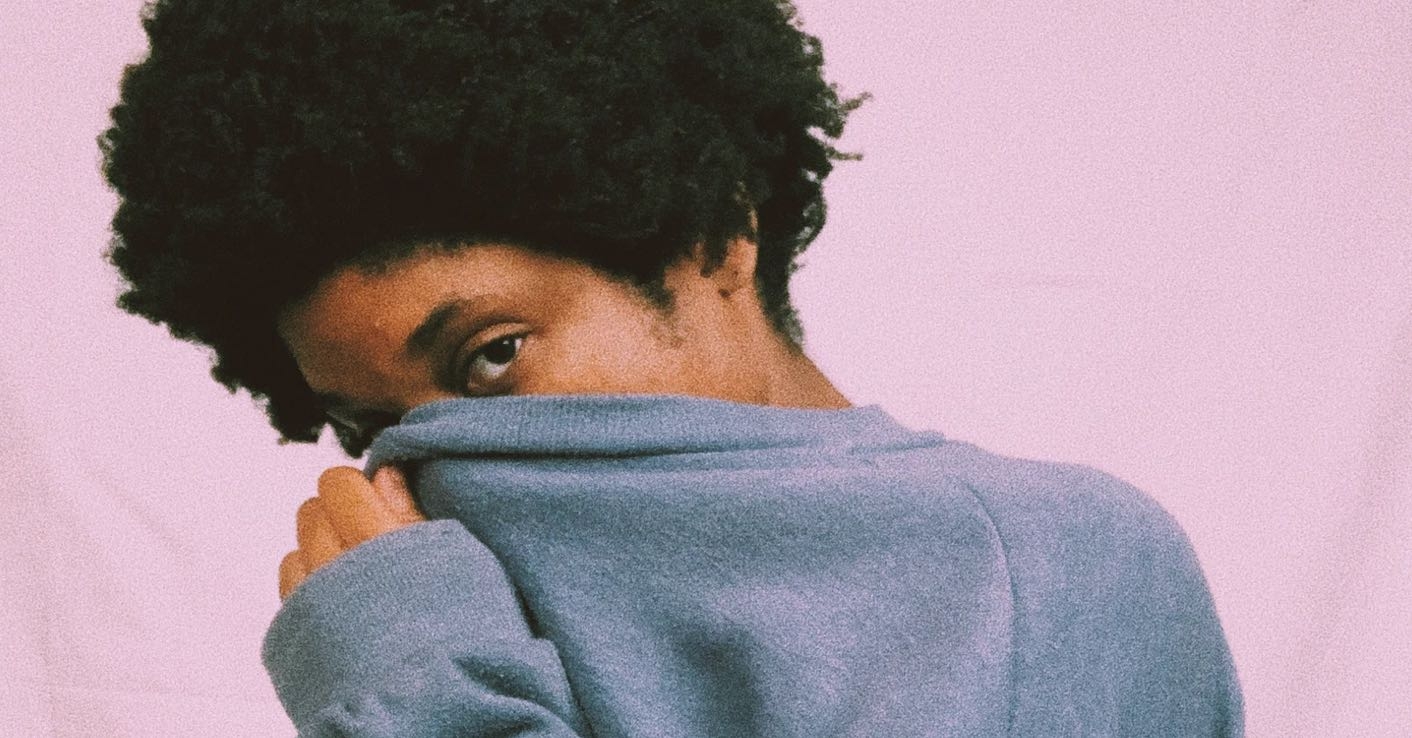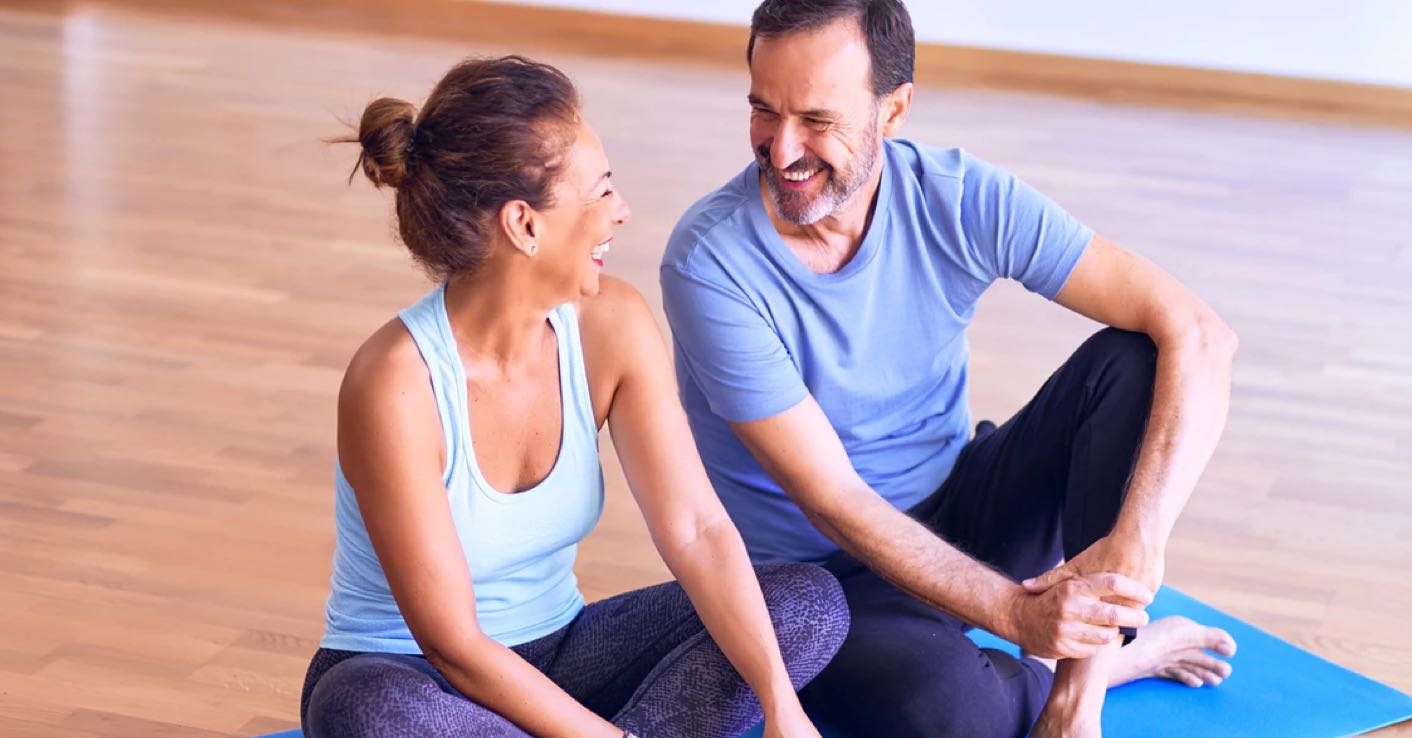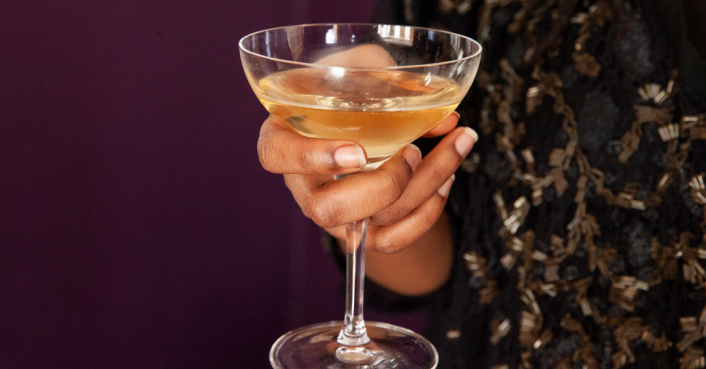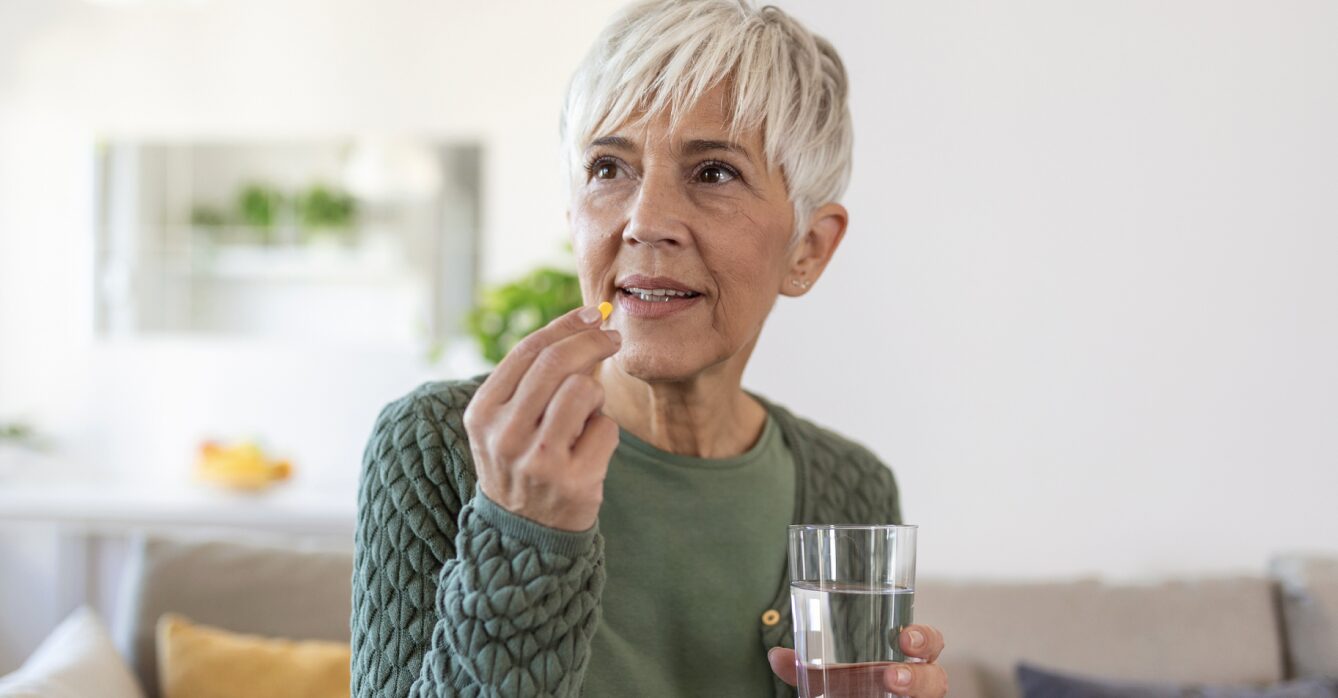Last Updated on May 15, 2023
This article is not intended for those suffering from severe mental health conditions. According to Mayo Clinic, if you feel like your anxiety is interfering with your work, relationships or other parts of your life, is difficult to control, is linked to a physical health problem or is accompanied by suicidal thoughts or behavior, it’s important to seek help from a medical care professional immediately.
People have long used alcohol as a way to cope after a stressful day – whether the source of that stress is work, parenting woes or the anticipation of a big life change. A decanter and a couple glasses often are pulled out when giving or receiving bad news. And while some people may grab a tub of ice cream from the freezer after a breakup, many others reach for a bottle to use as a balm for their heartbreak.
If alcohol and anxiety are as familiar to you as peanut butter and jelly, you’re not alone.
Studies have shown that people who have high levels of stress tend to drink more. In fact, women reported drinking 17 percent more often in the difficult pandemic days of 2020 compared to 2019, with 41 percent more heavy drinking days, according to a study in JAMA Network Open. Men increased their drinking as well. And according to the Anxiety & Depression Association of America, about 20 percent of people with social anxiety disorder also suffer from alcohol abuse or dependence, and a recent study found that the two disorders have a stronger connection among women.
Women reported drinking 17 percent more often in the difficult pandemic days of 2020 compared to 2019, with 41 percent more heavy drinking days…
To further illustrate the relationship between alcohol and anxiety, researchers at NYU School of Global Public Health surveyed 5,850 people about their drinking habits during the pandemic. Of those who said they drink, 29 percent reported increasing their alcohol use, and people with anxiety were 41 percent more likely to do so. And The New York Times recently reported that a nationwide American Psychological Association survey found that one in four adults drank more in 2020 as a way to manage their stress.
The good news is that many people have found success breaking the link between alcohol and stress. One resource to consider is a drink tracking app. Sunnyside’s personalized drink tracking system can help you to see patterns in your stress drinking. And by identifying these patterns you are better equipped to modify them, reach your goals and generally feel healthier and happier. Take a quick quiz to start drinking more mindfully.
Stress Drinking and How Alcohol Tricks You Into Thinking You Feel Better
Alcohol is a central nervous system depressant. According to Healthline, its effects can be similar to those of anti-anxiety medications. So it makes sense that you enjoy a cocktail as soon as you get home every night now that your new boss seems intent on micromanaging your every move. Or that you find yourself pouring a couple glasses of wine after dinner during the trying toddler phase of parenting. Or that you open that third beer (or more) after a grueling week of exams.
Alcohol is readily available. Cheaper than therapy. Not as permanent-seeming as prescription medication. And generally well-accepted by society.
“Bad day?” someone asks. You can already guess the next line before it’s uttered: “Have a drink.”
But what happens when your “bad day” is more than one day (or several days)? What happens when the new boss doesn’t quit or the demanding 3-year-old simply becomes a demanding 4-year-old or the next semester of grad school starts? Well, you build tolerance. And with tolerance comes increased drinking to reach the same desired effects on your central nervous system. Stress drinking and drinking excessively can lead to a whole host of problems including, ironically, increased anxiety.
Hello, Hangxiety: When Alcohol and Anxiety Merge

It’s well-established that alcohol can initially numb stress and anxiety. But drinking can result in physiological changes in your brain. When those changes occur, your anxiety returns – and this time with a vengeance – as the alcohol you consumed begins to wears off.
Hangxiety (hangover + anxiety) is a relatively new term that’s used to describe that uncomfortable feeling that can occur the next day after a night of drinking, even if you didn’t drink heavily. Symptoms are often like a hangover: You may feel nauseous, irritable and anxious. Your stomach may hurt, you may have a headache, and you may be worried about everything you said and did while drinking the night before.
At its worst, post-drinking anxiety can create a palpable sense of impending doom, which can make it difficult if not impossible to focus, stay on task or meaningfully engage with others. But even in small amounts, hangxiety can make you irritable, impatient, and generally less productive.
Alcohol researchers say hangxiety may have physiological and psychological roots, with symptoms that are akin to a mini-withdrawal from alcohol of which anxiety is a big part. This has to do with the many ways alcohol impacts neurological pathways. If you have anxiety and stress in your life, the chances of experiencing hangxiety are greater.
So how do you manage a hangover coupled with an oversized helping of anxiety after a night of poor sleep? First, hydrate, hydrate, hydrate. Alcohol is a diuretic and dehydration can exacerbate hangxiety symptoms. Next, eat something healthy(ish). Breathing exercises and meditation can help calm your mind. Consider taking some anti-inflammatory medicine. Finally, once you begin to feel a bit better, move. Take a walk or do some light exercise.
Alcohol and Stress: Signs You May Need to Cut Back
We all have bad days and destressing with some mindful drinking isn’t a bad thing. But when you go from occasional drinking to having multiple alcoholic beverages daily, you’re numbing the stress and anxiety in your life for short periods of time rather than taking steps to truly address and reduce it. It’s like coming home and shutting the doors to all the messy rooms in your house instead of taking the time to go in and clean them all out.
Here are a few red flags that might indicate you are stress drinking and need to cut back:
- Needing a drink during most social situations
- Referring to every day of work as a “bad day of work” and using alcohol as a way to relieve that stress
- Pouring that beer or glass of wine earlier and earlier in the day
- Noticing an uptick in the number of drinks you have before bed
- Skipping workouts because you are hungover
- Arriving late to work or other important obligations
If you feel as if you’re really struggling with your relationship between alcohol and anxiety or alcohol and stress, consider seeking help from a counselor. This article is not intended for those suffering from severe mental health conditions. According to Mayo Clinic, if you feel like your anxiety is interfering with your work, relationships or other parts of your life, is difficult to control, is linked to a physical health problem or is accompanied by suicidal thoughts or behavior, it’s important to seek help from a medical care professional immediately.
How Sunnyside Can Help You Reduce Stress Drinking
There’s a significant amount of stress-induced drinking going on at the moment, according to our newly released State of Drinking in the US report. When asked to name the main reason for drinking, the most frequently cited answer of survey respondents was “to relax and unwind.” The second most common response was “to reduce stress or anxiety.”
The issue is that alcohol is a short-term fix that often leads to increased anxiety in the long run. Sunnyside can help you create a customized plan to gradually modify your habits so that you are truly drinking on your own terms. We offer personalized support as you cut back on the drinks and work on establishing new ways to better cope with anxiety and stress.
Alternatives to Using Alcohol to Unwind

Here are some alcohol-free ways to decompress after a long or stressful day:
Meditate
The single-minded focus required of meditation clears away the everyday buildup of information overload which frequently contributes to daily stress. Meditation can take many forms: focused breathing, repeating a mantra, reading and reflection, and even prayer.
Exercise
Moving your body improves blood flow and your ability to use oxygen. Exercise also prompts your brain to release more endorphins, which make you feel good. Concentrating on the rhythmic aspects of exercise has a meditative benefit as well.
Journal
An article in Psychology Today discussed a meta-analysis of 13 studies that found that “expressive writing carried a health benefit similar to other psychological interventions, such as talk therapy.” Researchers found that writing had many physical benefits, including reduced blood pressure, improved moods and reduced symptoms of depression.
Talk openly to a trusted family member or friend
The key is to find a good listener, someone who doesn’t insist on trying to fix all your problems, but rather serve as a sounding board. Sometimes stating your problems out loud can help release built-up tension. And in doing so you might be surprised by new or different ways you view your situation.
Create good sleep habits
Stress can lead to poor sleep habits and poor sleep habits can lead to stress. Take steps to improve your daily and nightly routines to better ensure a good night’s sleep. This could include exercising daily, eating healthy foods, limiting caffeine earlier in the day, and limiting screen time close to bedtime.
When trying to cope with stress and anxiety, the thought of reducing access to a seemingly convenient coping mechanism – drinking – can cause, well, stress and anxiety – even resulting in hangxiety. The key is understanding that by taking steps to reduce your alcohol intake you will, in the long run, reduce your stress and anxiety as well. Sunnyside can help you make steady improvements to change your relationship with alcohol and stress.
Related post: How To Turn Down Drinks As An Introvert




